I often receive requests for advice from early-career researchers. Looking back, the one thing I would have done differently is to create a dedicated email address and website instead of relying on institutional ones.
🔊 If you prefer listening to reading, this content is available on our video podcast:
It sounds silly and superficial, but I would change one thing:
Given how often I have moved to progress through my bachelor's, master's, and doctorate, as well as post-doctorate and post-post-doctorate roles, I can say the physical relocation was as isolating as the digital.
Packing up and relocating my family repeatedly has been challenging. Especially for our family, as we operated as a multigenerational home with a strong sense of community. While particularly harmful to academics with these types of family structures, this norm in academia can be disadvantageous for all of us as it often physically severs our connections to our communities.
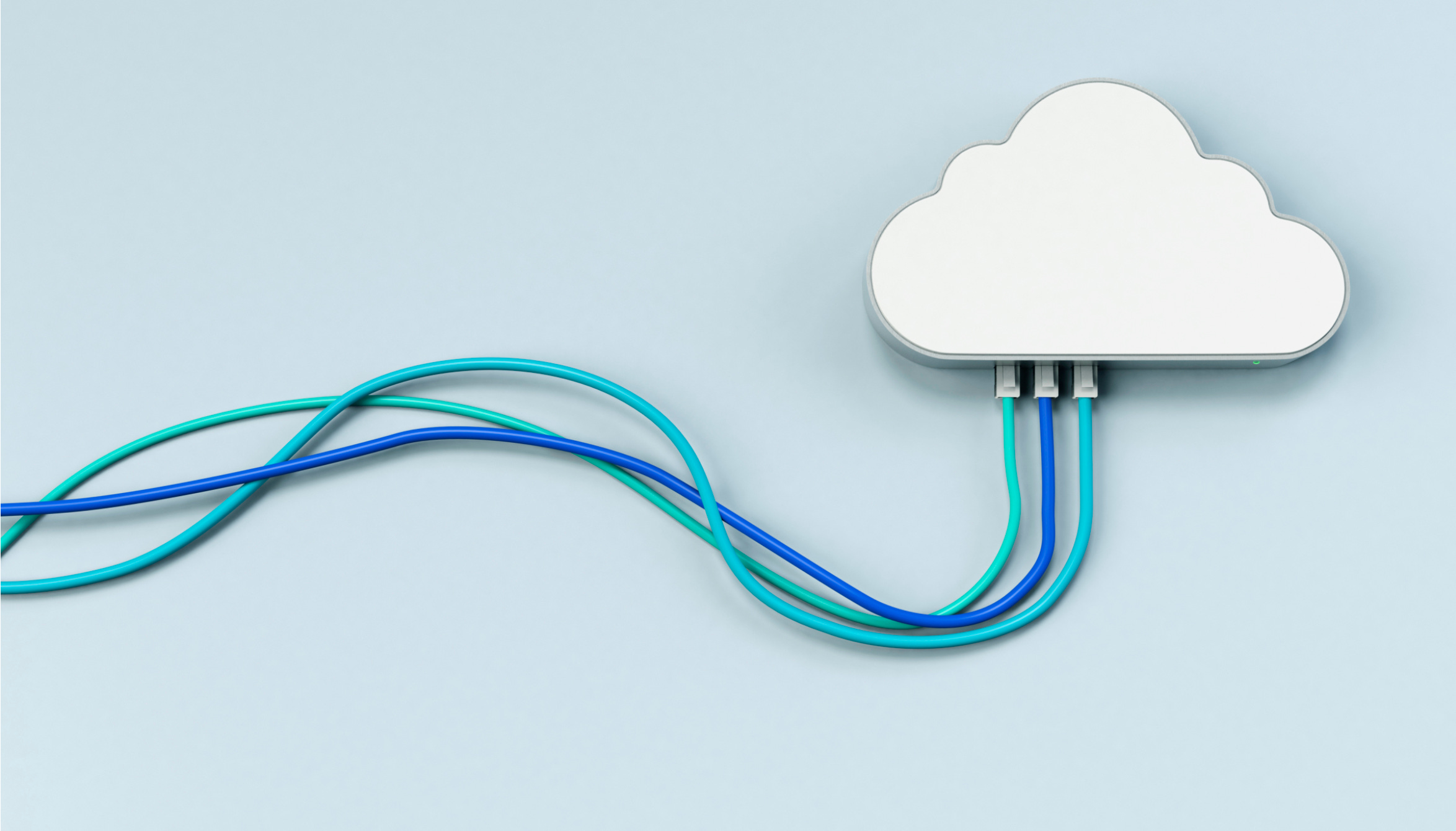
On a digital level, when you graduate or leave the institution, you often lose access to institutional accounts and sites, severing your digital connections and making you more challenging to find. Intentional or not, university email addresses create dependence on institutional servers and control access to:
- contacts,
- communications,
- documents, and
- histories.
🚨 Of course, some data and records (educational records, proprietary data, etc.) should be kept on institutional servers as personal websites and email addresses may provide different levels of security and protection.
Researching and considering the best practices for securing personal online accounts, such as using strong passwords and two-factor authentication, is crucial. Despite these risks, using university emails and web pages actively constrained my networking capacity and access to intellectual property.
Establishing a dedicated professional website, email address, and newsletter would have been a valuable move for several reasons:
- You maintain some control over your online presence, regardless of where you work, allowing you to build your brand beyond the institution.
- Any publications or conference talks you publish will be associated with a single email address.
- Owning your digital footprint protects your freedom of speech, as institutions can limit speech on their platforms.
- Email newsletters facilitate discussion and information-sharing among colleagues and collaborators, leading to closer relationships and potential collaborations.
Beyond my perspective...
Several studies show that creating personal websites and email newsletters can increase findability and citations for researchers, facilitate discussion and information sharing, and protect academic freedom.
For example, a study by Borman-Shoap and colleagues suggests that personal branding helps academic researchers approach projects, determine their best fit within institutions, and understand and advocate for their engagement and advancement.[1]
The paper outlines a four-step process for faculty members to identify their brands, which can help them approach projects and responsibilities, determine how to work within their institutions, and understand and advocate for their engagement and advancement.
I summarize this process here:
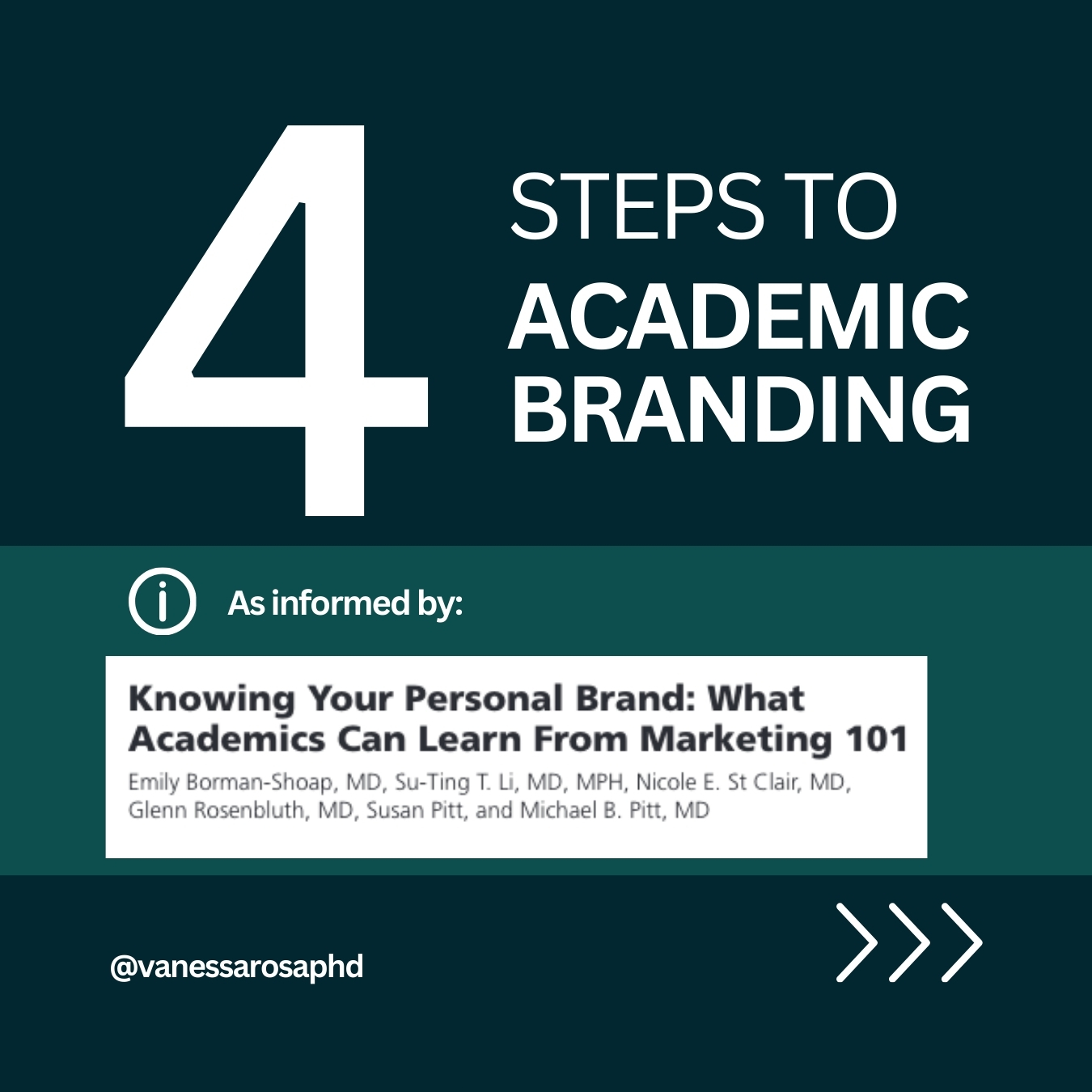
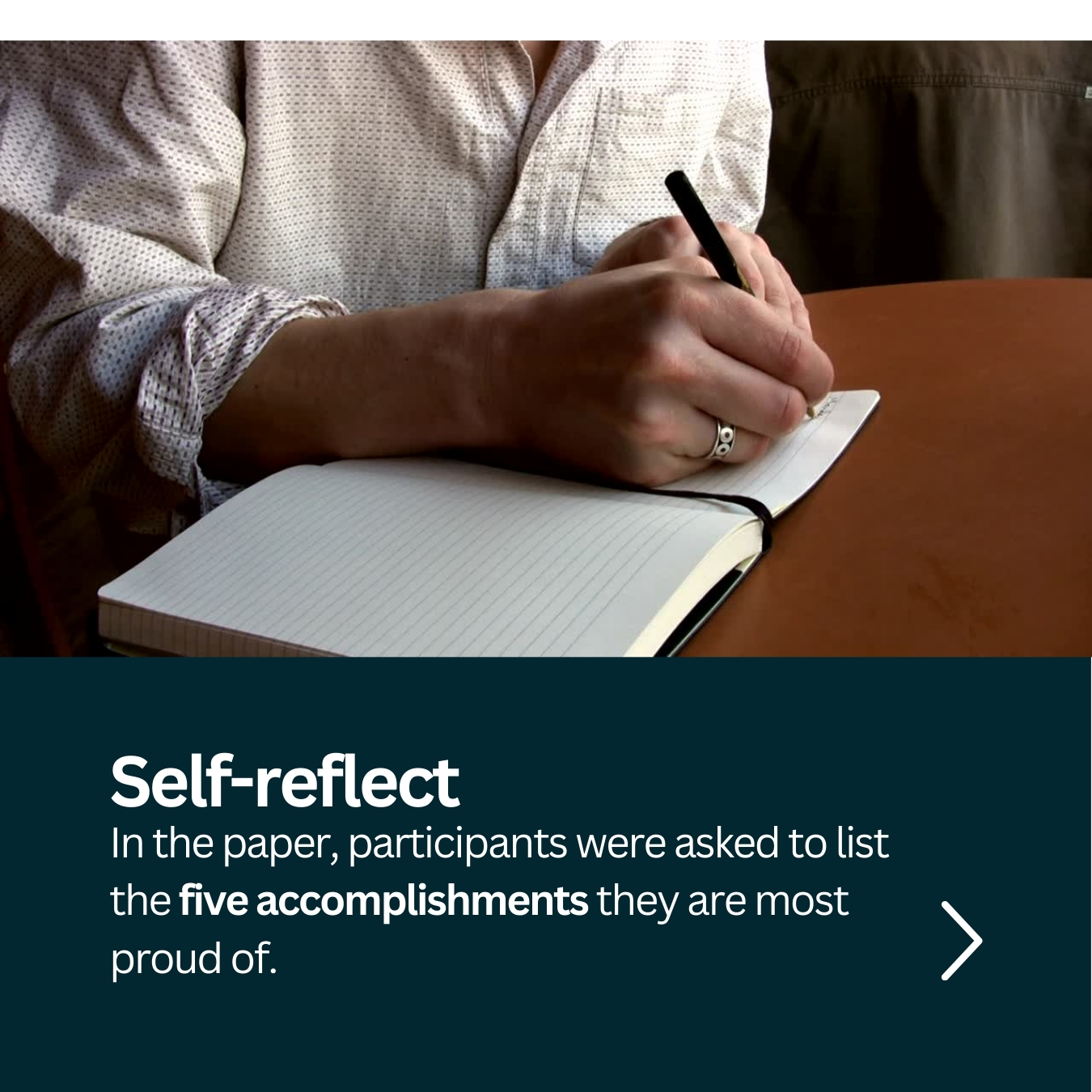
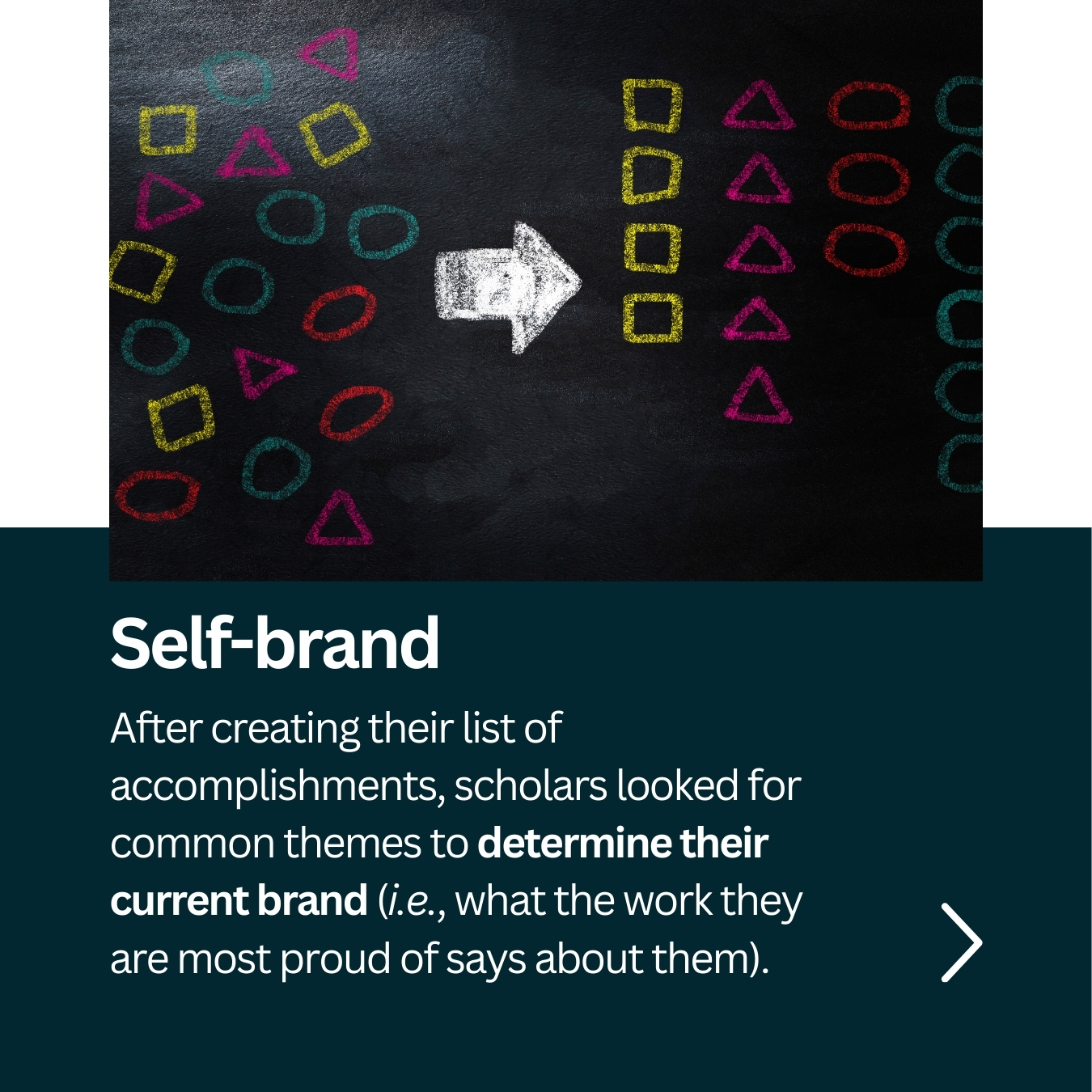
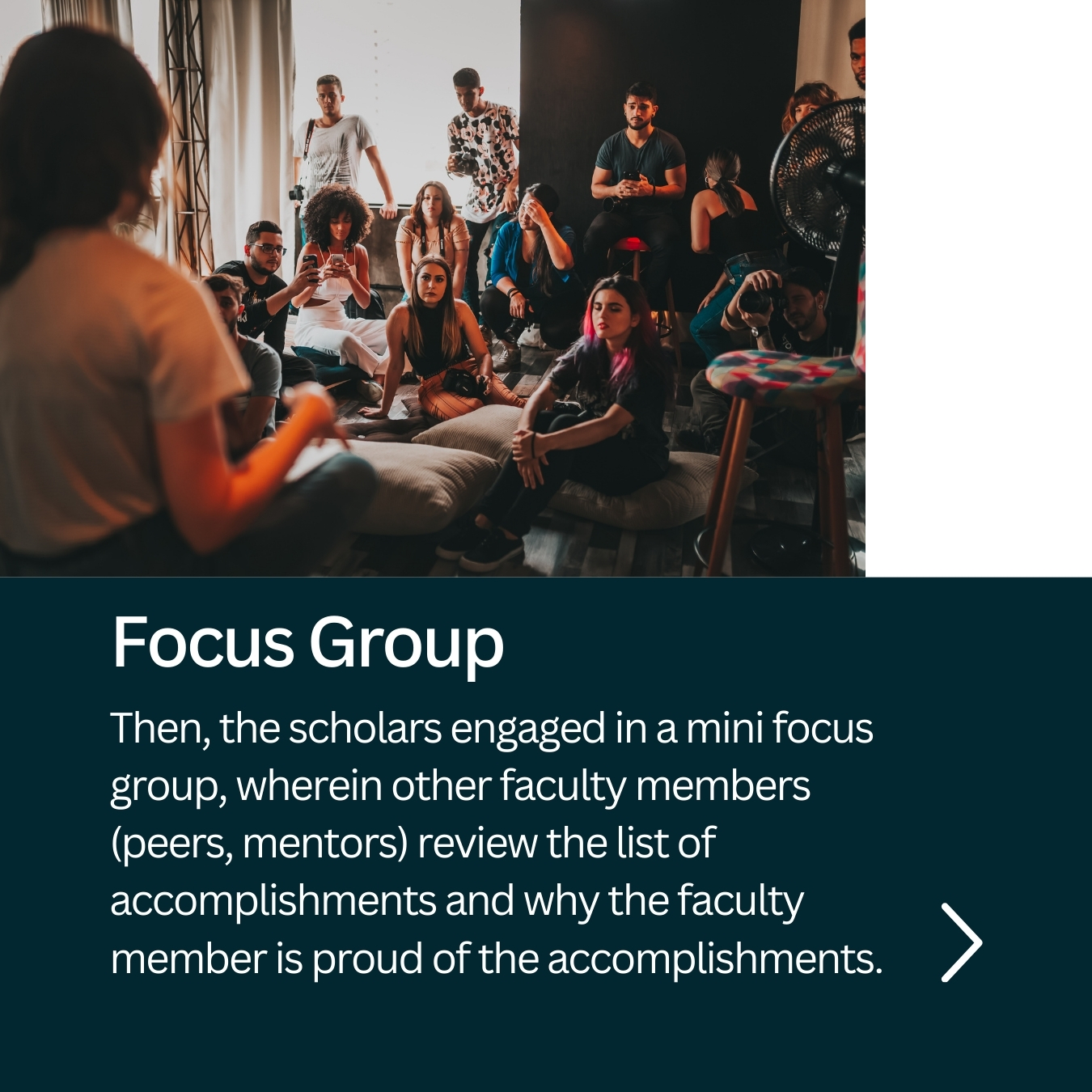
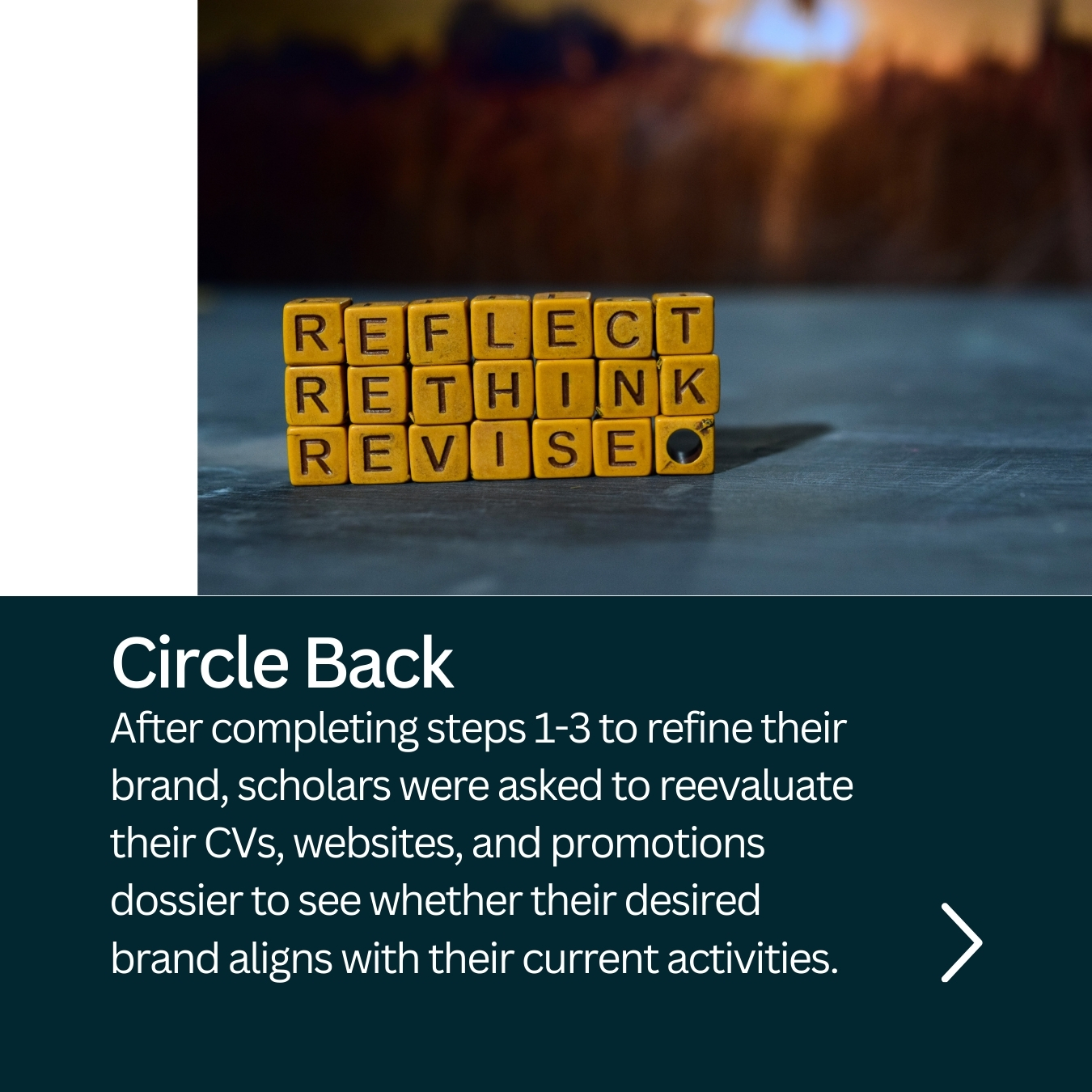
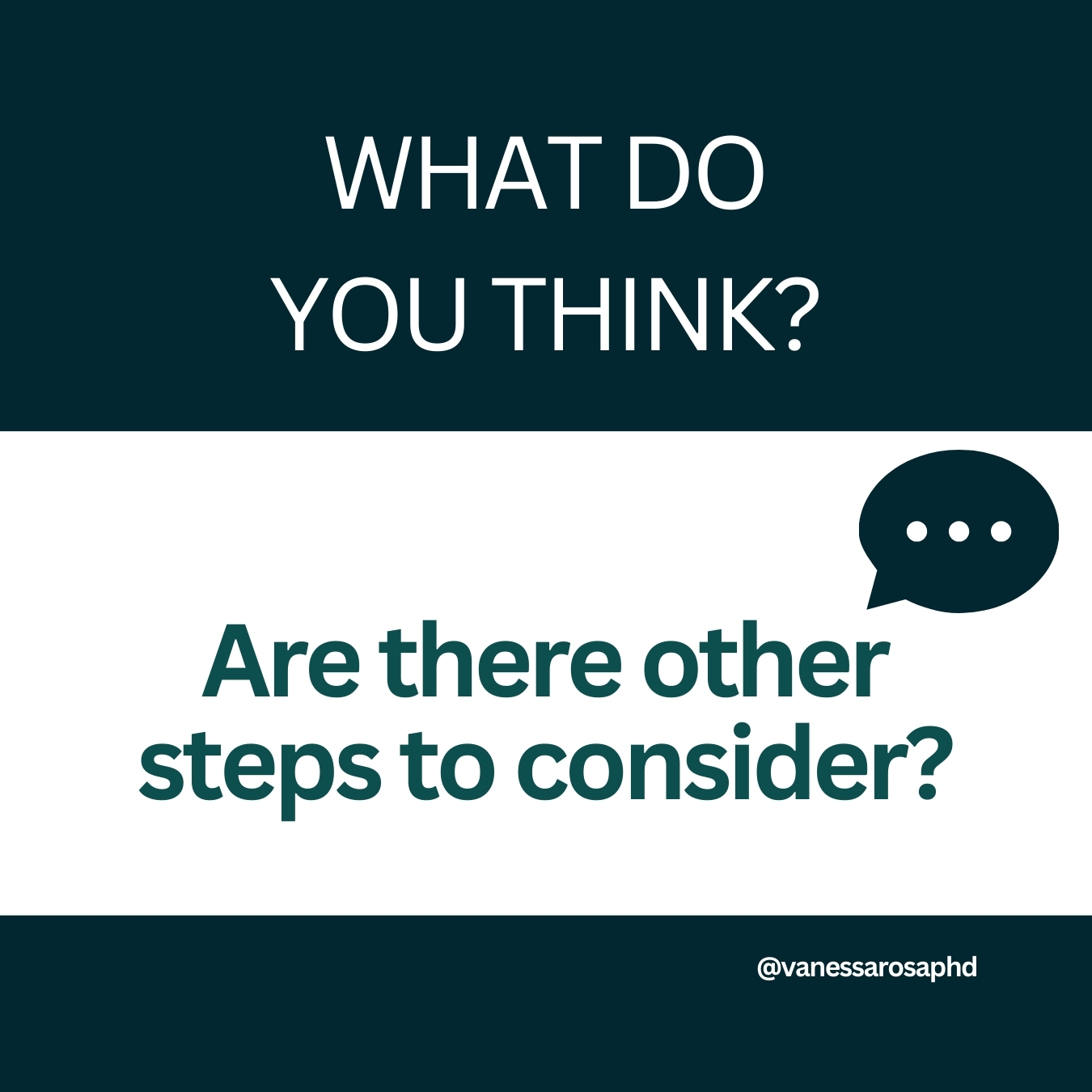
Developing a personal "brand" in the academic world can be challenging. Academics may take themselves too seriously to consider themselves as influencers or may need to be more comfortable presenting themselves in that manner. Additionally, various barriers may prevent them from pursuing this endeavor. However, Borman-Shoap et al. provided valuable insights in the Journal of Academic Medicine regarding practical steps academics can take to establish a personal brand and become thought leaders.
Similarly, Gorbatov and colleagues published an EFA model that explained 43% of the variance [R^2 =0.43, 95% CI (0.24-0.61)], supporting the positive impact personal branding has on career satisfaction and perceived employability.[2]
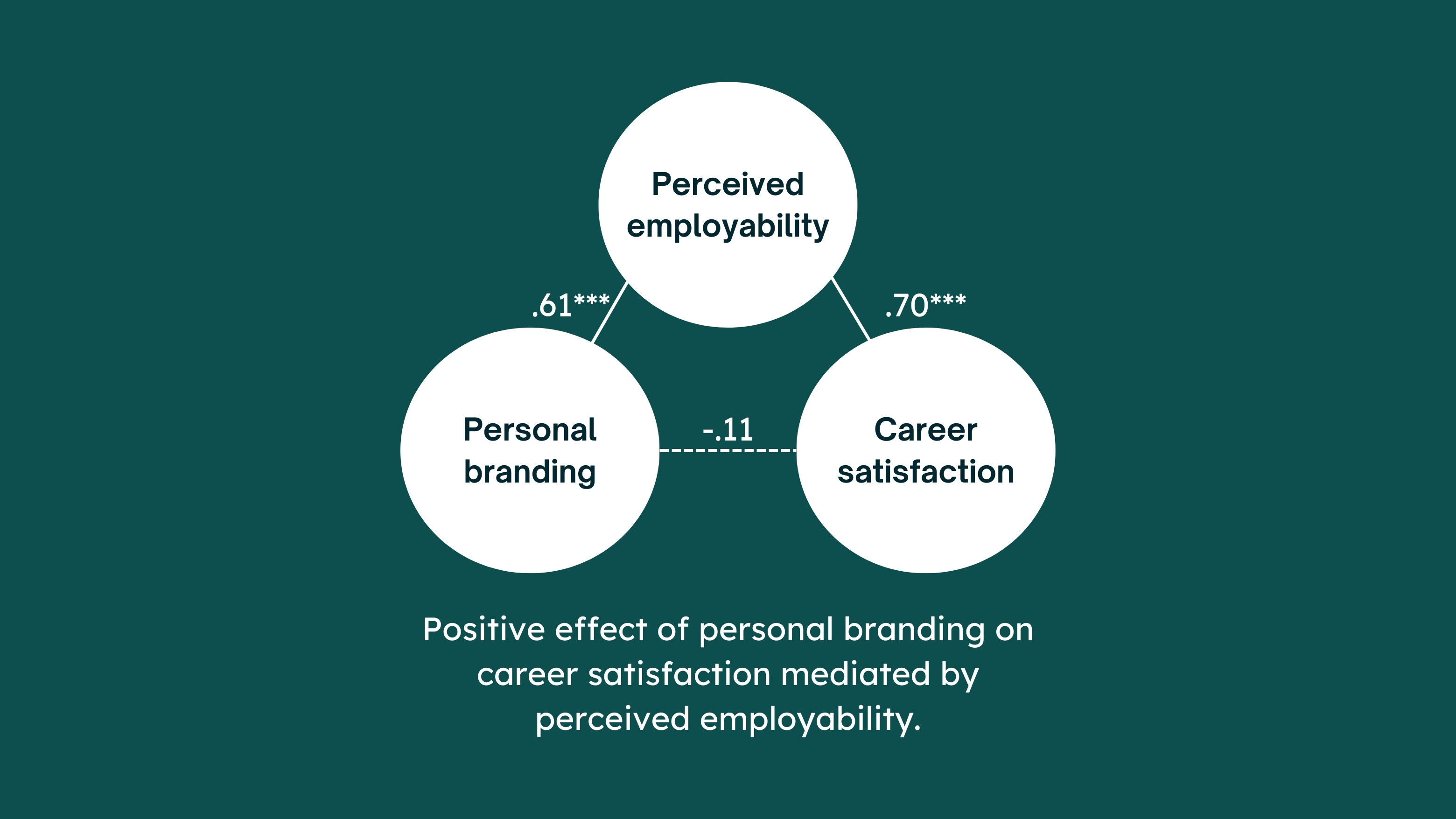
Traditionally, career outcomes have been conceptualized as career success, including largely objective and, to a lesser extent, subjective facets... Today, however, individuals move from firm to firm and from job to a job frequently... Career outcome criteria other than objective career success are, therefore, more important to contemporary workers. (Gorbatov et al., 2019, p. 2)
As reflected in a systematic review by Gorbatov and colleagues,[3] it is worth noting that personal branding has become a fragmented area of research with diverse definitions and conceptual boundaries, hindering theoretical and empirical advancement.
While this could be said for many research disciplines, the scientific literature on personal branding is still in its infancy, lacking universally valid frameworks or theories. There is a need for a more specific definition of individual branding processes and human brands. The existing literature focuses on the artistic industry and influencer identification on social media. Limited scientific and academic research has been done on personal branding, with subjective data and incomplete scientific procedures.
In any case, if I could go back...
- I would purchase a domain,
- Set up a professional email address and
- Start writing a weekly Newsletter for anyone who wants to remain connected to me.
This way, I have a repository of my growth and progress through academia and can maintain my network of esteemed colleagues and supportive mentors.
More importantly, I would use Google to avoid grieving an entire department for their complicit use of Outlook. 😜
I would do all of my writing, researching, and saving to a dedicated Cloud Drive (although those didn't exist when I started my bachelor's degree in 2007, but we're talking hypotheticals and time travel).
At the very least, I would export my emails and files before leaving an institution to retain access to essential communications and documents. I failed to do this in the past out of excitement at starting at a new institution, which I fully acknowledge is my fault and my responsibility.
In conclusion...
The internet makes establishing a personal brand more accessible than ever. With a custom email and minimal website, you can make this one change and take control of your online academic presence. This small step goes a long way in building your reputation and network.
Taking control of your online academic presence by establishing a personal website and email address is valuable for educational growth and intellectual property ownership. While security concerns exist, following best practices for securing personal online accounts can mitigate these issues.
What do you think? Have you made the switch from institutional to personal online accounts?
Let's continue the discussion in the comments, and if you found this content helpful, consider subscribing or sharing.
Thank you for supporting efforts to advance science education reform and this community!
References & Resources
- Borman-Shoap, E., Li, S.-T. T., St Clair, N. E., Rosenbluth, G., Pitt, S., & Pitt, M. B. (2019). Knowing Your Personal Brand: What Academics Can Learn From Marketing 101. Academic Medicine, 94(9), 1293–1298. https://doi.org/10.1097/ACM.0000000000002737.
- Gorbatov, S., Khapova, S. N., & Lysova, E. I. (2019). Get Noticed to Get Ahead: The Impact of Personal Branding on Career Success. Frontiers in Psychology, 10, 2662. https://doi.org/10.3389/fpsyg.2019.02662.
- Gorbatov, S., Khapova, S. N., & Lysova, E. I. (2018). Personal Branding: Interdisciplinary Systematic Review and Research Agenda. Frontiers in Psychology, 9, 2238. https://doi.org/10.3389/fpsyg.2018.02238)
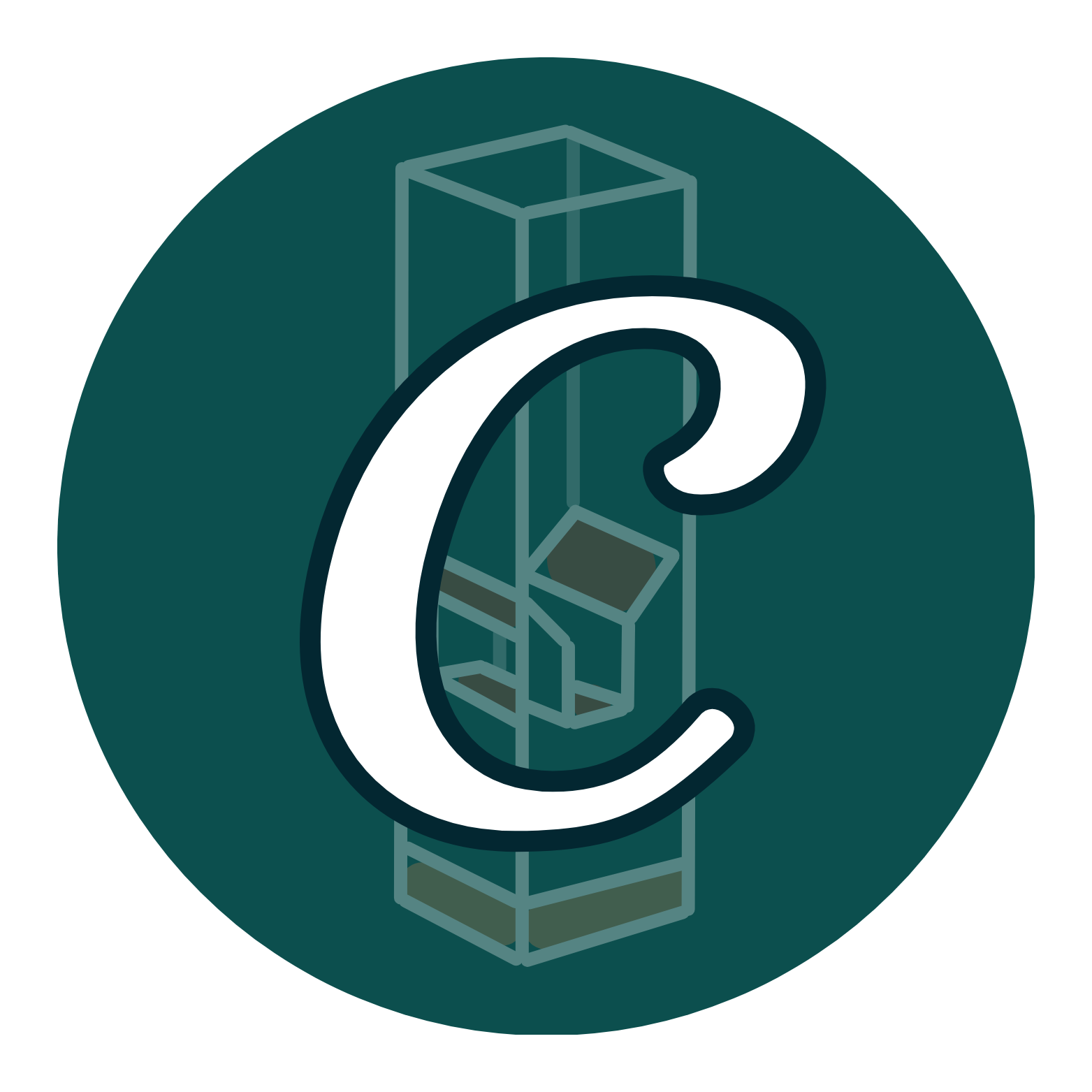
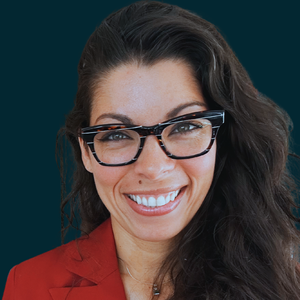




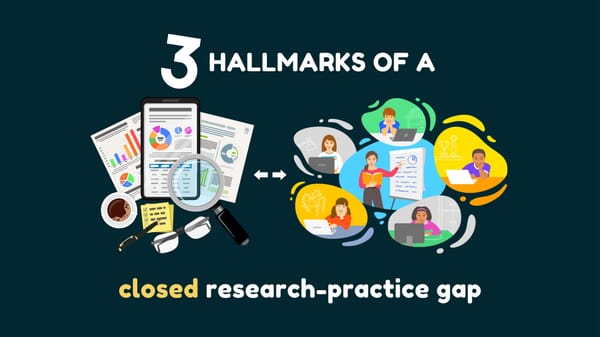
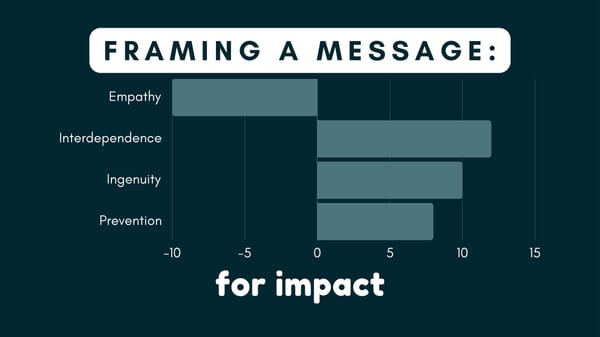
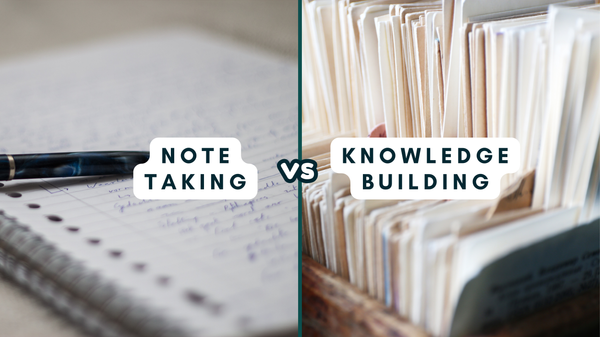
Member discussion